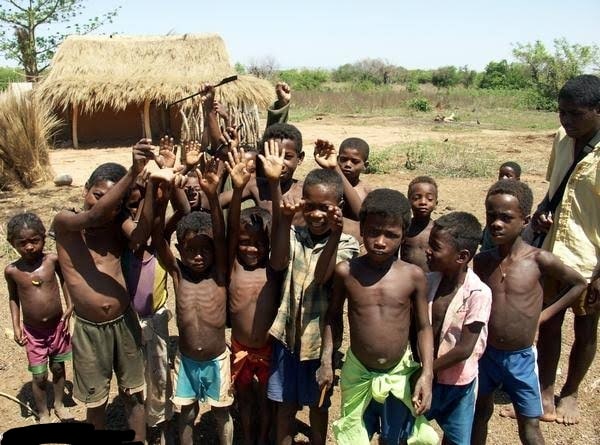Nigeria has been placed 115th out of 123 nations in the 2025 Global Hunger Index (GHI), reflecting a deepening food security crisis largely driven by inflation, insecurity, and widespread poverty.
The Global Hunger Index, which tracks and compares hunger levels across countries using indicators such as undernourishment, child stunting, wasting, and mortality, paints a troubling picture for Nigeria.
Experts warn of worsening food insecurity
Speaking at the Nutritious Food Fair in Kano on Thursday, Propcom+ Nigeria’s Country Representative, Dr Adiya Ode, raised alarm over the growing hunger situation in the country.
She warned that the crisis could deteriorate further as over 31.8 million Nigerians already face acute food insecurity.
Dr Ode expressed concern about the rise in child stunting and malnutrition, urging the government and stakeholders to adopt new strategies to make nutritious food affordable and accessible.

She reaffirmed Propcom+’s readiness to work with Nigerian authorities and partners to improve food security through climate-smart and market-driven initiatives.
“Our collaborations form the backbone of this mission. For example, our partnership with the Kano State Government and HarvestPlus is helping to strengthen the entire food value chain — from seed to shelf — ensuring farmers earn better incomes, consumers eat healthier, and local markets thrive,” Ode said.
She called for greater involvement from private investors, policymakers, and development agencies, noting that meaningful progress depends on collective action.
Strengthening nutrition through local food systems
The Country Manager of HarvestPlus Nigeria, Dr Yusuf Dollah Fu’ad, stressed that improving farmers’ productivity through nutrient-rich staple crops remains key to addressing hunger.


He said most rural households consume what they produce, which provides an opportunity to promote biofortified crops that supply vital vitamins and minerals.
“The food-based approach offers one of the most practical and sustainable ways to fight hidden hunger in Nigeria,” Dr Fu’ad said. “However, stronger coordination is needed across nutrition-focused initiatives to achieve lasting results.”
He noted that the 11th edition of the Nutritious Food Fair, organised by HarvestPlus in partnership with the Kano State Government, aims to scale up such innovations and support farmers in producing nutrient-enriched food crops.
Kano government tackles child malnutrition
Also speaking at the event, the Kano State Commissioner for Health, Dr Abubakar Yusuf, revealed that the state government had reopened over 65 centres for the treatment and management of malnutrition.
According to him, more than ₦1 billion has been released as counterpart funding to improve access to ready-to-serve fortified foods and to address the rising cases of child stunting in the state.
Dr Yusuf reaffirmed the government’s determination to reverse the worrying malnutrition trend, noting that improving child nutrition remains one of the state’s top public health priorities.

